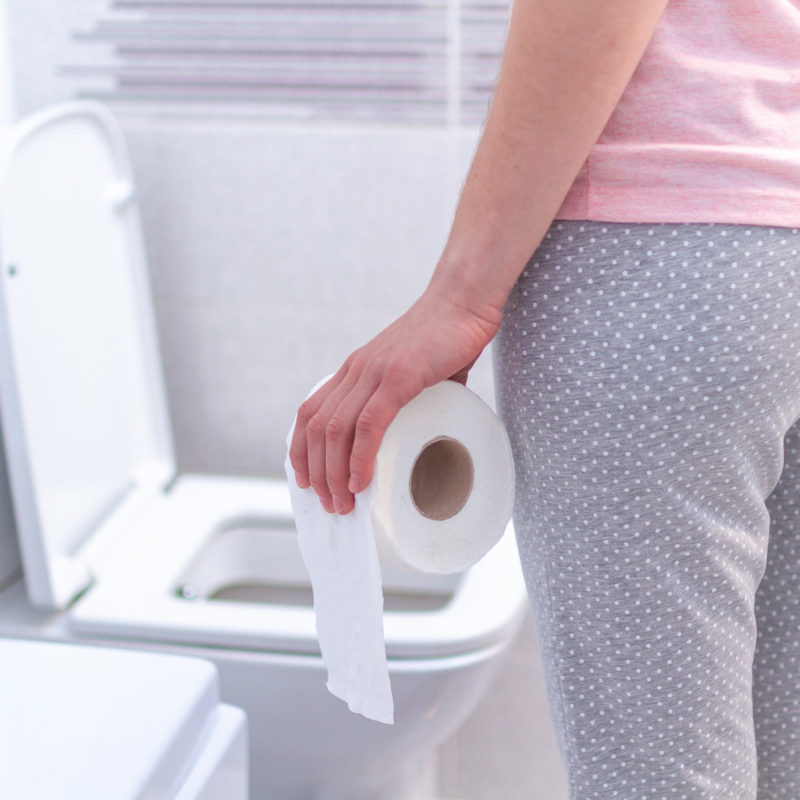Stool examination in the BIOMES-laboratory
A laboratory stool test provides you with valuable information about your intestinal dwellers and whether they completely fulfil their important tasks. You decide for yourself whether you want to order a stool test from our laboratory privately: a visit to the doctor is not necessary.
You’re under the impression that your bowel is missing something and it’s not up to scratch? Then with the help of BIOMES take a close look at your intestinal bacteria and find out how you can help your bowel.
It is not always a serious illness that leads to discomfort in the intestine – and beyond. Because our intestine is responsible for the well-being of the whole body. Also a weakened immune system, lack of vitamins, food intolerances or allergies can lead to an unbalanced intestinal flora.
If you have had complaints with an unknown cause for some time or simply want to know what your bowel needs the most, our laboratory stool test INTEST.pro will give you answers to them.
Procedure of stool examination in the BIOMES-laboratory
The laboratory stool test at BIOMES is carried out according to the latest biotechnological standards. By DNA analysis through the so-called High throughput sequencing (HTS) we can determine any microorganisms in your intestine with the greatest possible accuracy. We also evaluate their number and your digestion in general – for example, how you can benefit from vitamins, calories and fats.
The most important about our test:
You take the sample yourself by wiping it off the toilet paper with a cotton swab.
The procedure requires only a small amount of stool.
The liquid in the sample vessel preserves the DNA of the intestinal bacteria for more than 2 years without any cooling.
All you need for the test will be sent to you by mail.
The stool diagnosis in the laboratory takes about two to three weeks.
Then you can view the results in your personal dashboard in a clear and comprehensive way.
1. Cao Y, Fanning S, Proos S, Jordan K and Srikumar S. A Review on the Applications of Next Generation Sequencing Technologies as Applied to Food-Related Microbiome Studies. Front. Microbiol. 2017, 8:1829. https://www.frontiersin.org/articles/10.3389/fmicb.2017.01829/full ↩


